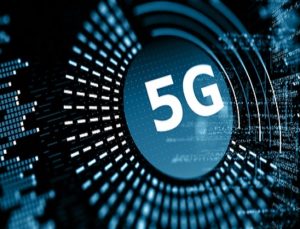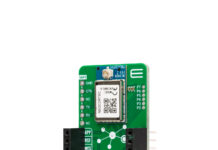
Ericsson’s network technology is helping service providers commercialize 5G technology. The Company has already announced 18 commercial 5G deals with telecom operators across North America, Europe, Asia and Australia. Ericsson has already deployed operational 5G networks based on commercial equipment in North America, Europe, Australia and Asia, both in midband and mmWave.
Magnus Ewerbring, CTO APAC at Ericsson said, “The near-term benefits of 5G include enhanced mobile broadband (eMBB) and FWA. These will help address the limited fixed broadband penetration levels in India and also enhance data experience on the move. In the long run, 5G will be a game changer for telecom service providers by enabling new revenue streams and making them a part of value chains they have not been used to previously. “
Indian smartphone users expect streaming in 4K and AR app usage to increase with the availability of 5G services in India. As per Ericsson’s 5G Consumer Potential study, 8 out of 10 consumers respondents to the study said that they will start watching YouTube and Netflix in 4K and will increase downloading of HD video content once 5G becomes available.
More than half of smartphone users in China and India, and one in four in the US, Australia and Canada, expect their own provider to switch to 5G or will wait a maximum of six months before moving to another provider that does.
AI and Automation will be critical for networks of tomorrow
Today, mobile networks experience massive amounts of data every second. By the end of 2024 we predict that total mobile data traffic will be five times higher compared to today’s levels – reaching a total of 136 exabytes per month.
The market and technology landscape will also become much more complex in the future. The number of new use cases enabled by 5G and IoT will require networks to transform – continuously learning, becoming more dynamic and able to react in real-time. “At Ericsson, we have spent over a decade innovating and deploying AI & Automation solutions across our products and services, to boost network performance, improve the end-user experience, enhance operational efficiency, and enable new revenues for our customers.” states Magnus Ewerbring, CTO-APAC for Ericsson.
5G, the next generation of mobile communication, will play a similar role in the evolution of digitalizing industries as cloud technologies have for the web industry. The ability to automate and leverage on data from distributed systems with real-time capabilities will be critical. The combination of billions of connected devices, petaflops of computing resources and advanced communication capabilities that enable real-time interactions is leading to the creation of systems on a scale and complexity level that is beyond the ability of humans to fully comprehend and control. Management and operation of these systems require an extremely high degree of intelligent automation.
At Ericsson we are convinced that machine intelligence, which encompasses the fields of artificial intelligence (AI) and machine learning, offers the best opportunity to achieve the high levels of automation necessary to manage the complexity and optimize system performance.



















